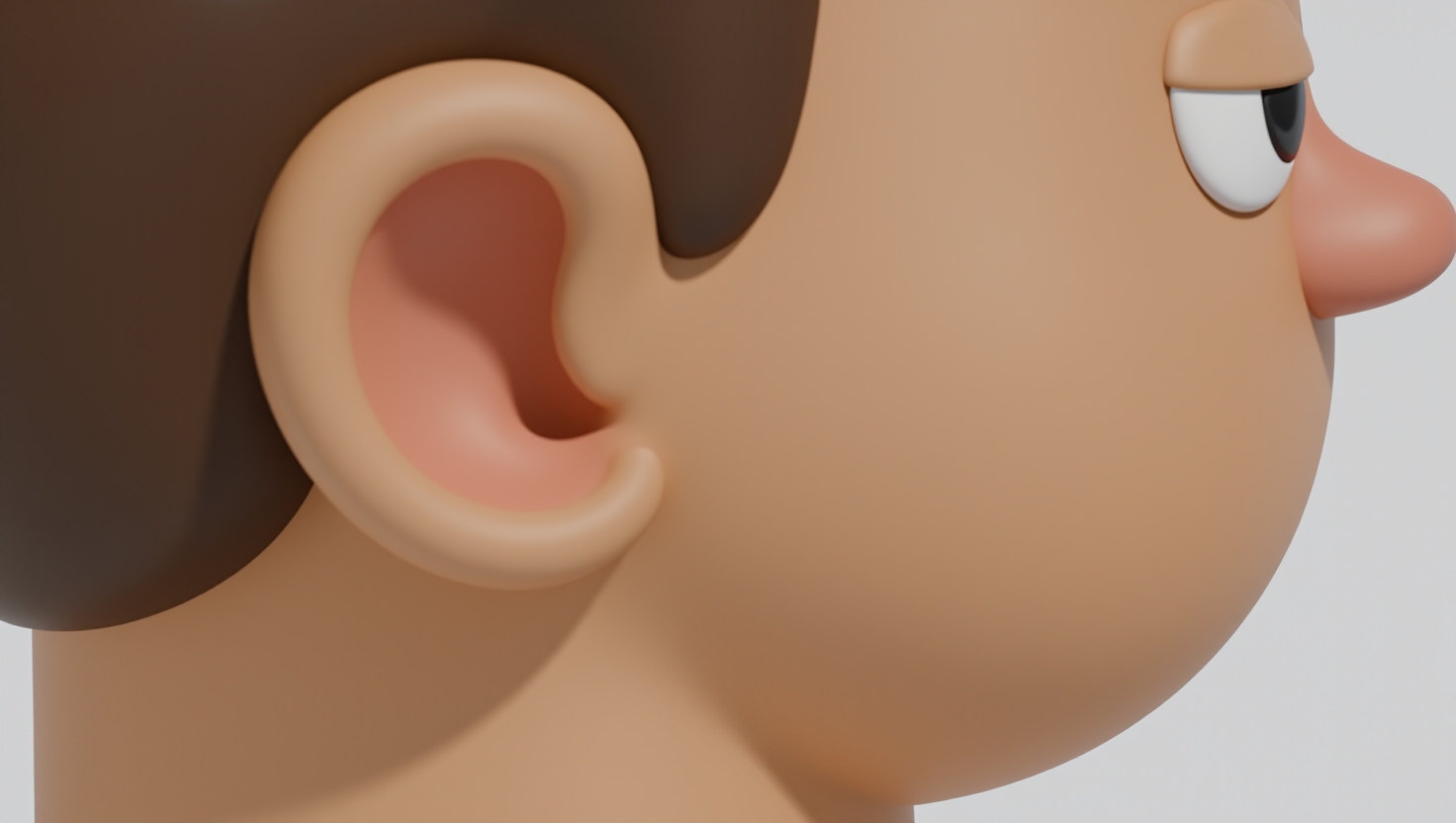Why does my ear feel blocked?
Understanding the Feeling of a Blocked Ear
A blocked ear is a very common symptom that many people experience at some point in their lives. It feels as if your ear is full, clogged, or muffled, much like when you try to listen through a thick wall or under water. Sounds may seem quieter or harder to hear from one or both ears, making everyday conversations and noises less clear. Along with hearing changes, you might also notice a sensation of pressure or fullness inside your ear, similar to the feeling you get when descending in an airplane or diving underwater. This sensation can be uncomfortable and distracting, but it does not always indicate a serious medical problem. Often, it resolves on its own, but understanding the underlying cause can help in managing the symptoms.
Common Causes of a Blocked Ear
Several factors can lead to the sensation of a blocked ear. Some of the most frequent causes include:
- Earwax buildup: Earwax, or cerumen, is a natural substance produced to protect the ear canal from dust and bacteria. However, when excess wax accumulates, it can block the ear canal, significantly reducing hearing and contributing to the blocked feeling. For example, using cotton swabs regularly may push wax deeper into the ear, worsening the blockage.
- Ear infections: Infections, such as otitis media (middle ear infection), cause inflammation and fluid buildup behind the eardrum, leading to swelling and a blocked sensation. This is especially common in children but can affect adults too. Many people describe this as a feeling of fullness combined with discomfort or mild pain.
- Changes in pressure: Rapid changes in altitude—like during an airplane takeoff or landing, riding in mountainous terrain, or scuba diving—can disrupt the ear’s pressure balance. The Eustachian tube, which connects the middle ear to the back of the throat, normally works to equalize pressure, but if it is blocked or slow to adjust, the ear may feel clogged or "popped."
- Allergies: Allergic reactions can cause swelling in the nasal passages and Eustachian tube, making it harder for the ear to drain and equalize pressure. This swelling can lead to feelings of congestion or blockage in the ear, often accompanied by other allergy symptoms such as sneezing, runny nose, or itchy eyes.
- Water trapped in the ear: After swimming, bathing, or showering, water can sometimes remain trapped in the ear canal, creating that uncomfortable clogged feeling often described as “swimmer’s ear.” If water remains for a prolonged time, it can promote bacterial growth and infection, worsening the sensation.
Note: This information is for educational purposes only and not diagnostic.
When to See a Doctor
While many cases of blocked ears resolve without medical intervention, it is important to seek professional advice if any of the following occur:
- Persistent ear blockage lasting several days without improvement
- Pain in or around the ear that ranges from mild discomfort to severe
- Noticeable hearing loss or difficulty understanding speech
- Dizziness, vertigo, or balance problems that affect stability
- Discharge (fluid or pus) or bleeding from the ear canal
These signs could indicate an underlying condition such as ear infection, severe wax impaction, or Eustachian tube dysfunction that requires evaluation and treatment by a healthcare provider.
Impact on Daily Life
A blocked ear can affect daily activities in several ways—some of which might be less obvious at first:
- Hearing difficulties: When the ear is blocked, sounds may seem muffled or unclear, making conversations challenging. Imagine trying to talk in a noisy room with a thick cloth pressed against your ear—the same frustration can occur with a blocked ear.
- Concentration issues: The discomfort and altered hearing can distract, making it harder to focus on work or study. Tasks requiring attention to sound, such as participating in conference calls or listening to lectures, might become frustrating.
- Social interaction: Difficulty hearing or the awkward sensation of a blocked ear may cause feelings of self-consciousness or withdrawal in social settings. There may be avoidance of group conversations due to fear of misunderstanding or missing out.
- Work performance: For jobs that rely heavily on clear hearing—like teachers, customer service representatives, or musicians—a blocked ear can reduce efficiency and cause additional stress.
Understanding these impacts highlights why addressing a blocked ear promptly is important not only from a health standpoint but also for overall quality of life.
What the Research Shows
Research supports that earwax buildup is one of the leading causes of blocked ear sensations, affecting roughly 6% of the general population at any given time. Earwax impaction is a common reason for ENT consultations worldwide. Additionally, studies show that middle ear infections, particularly among young children, contribute significantly to blocked ear symptoms. Over 80% of children experience at least one ear infection by the age of three, making this a primary cause in pediatric populations.
Changes in altitude are another frequent trigger. Up to 30% of travelers experience temporary ear blockage or discomfort during flights—symptoms that usually resolve after a short time but can be annoying or painful during transit.
Understanding these patterns can help guide preventive measures, such as avoiding excessive earwax removal attempts at home, managing allergies effectively, or using pressure-equalizing techniques during air travel like yawning or swallowing.
---
Ready to breathe easier? Schedule your visit at Sleep and Sinus Centers today—online or call (678) 689-1100. Book an appointment with specialists to get personalized care for ear blockage and related concerns.
This article is for educational purposes only and is not medical advice. Please consult a qualified healthcare provider for diagnosis and treatment.
Don’t let allergies slow you down. Schedule a comprehensive ENT and allergy evaluation at Sleep and Sinus Centers of Georgia. We’re here to find your triggers and guide you toward lasting relief.



